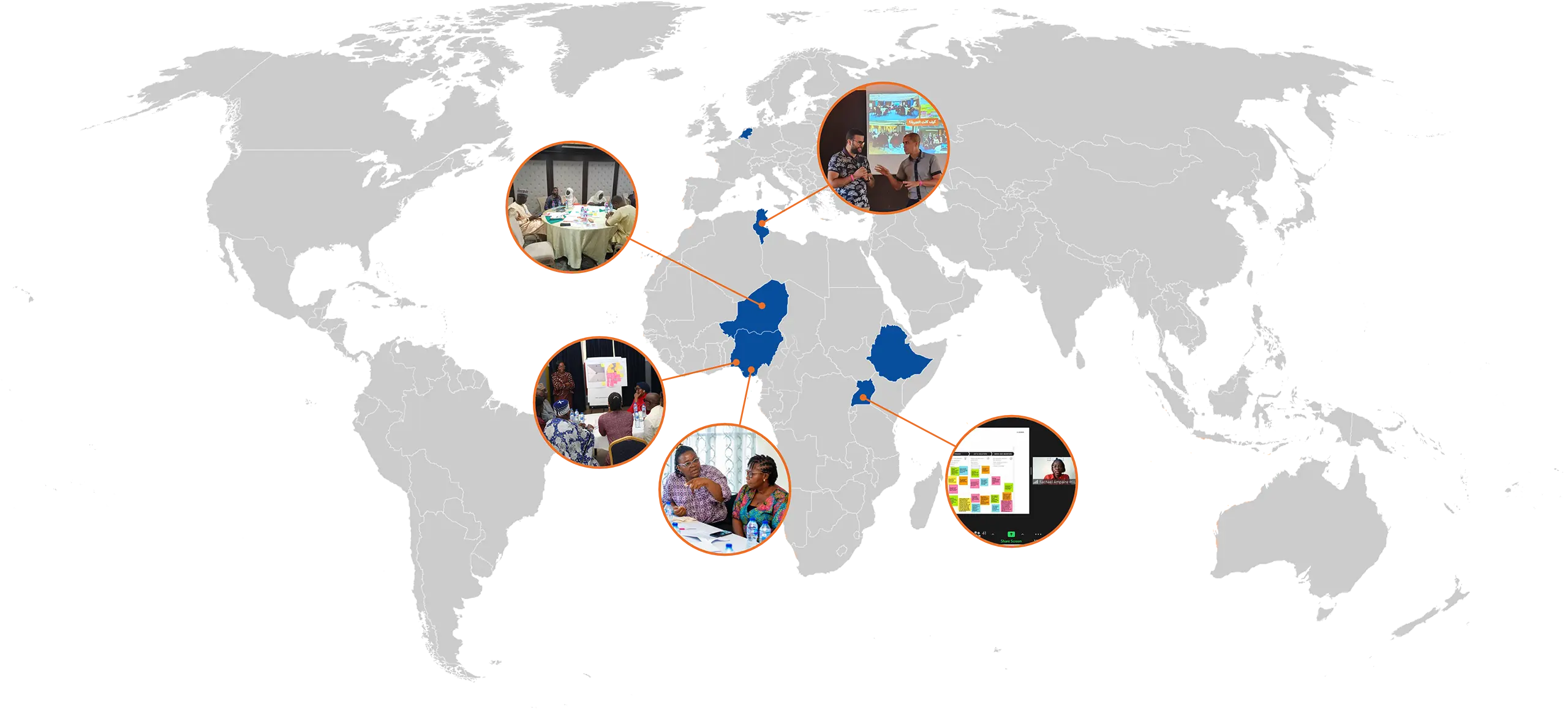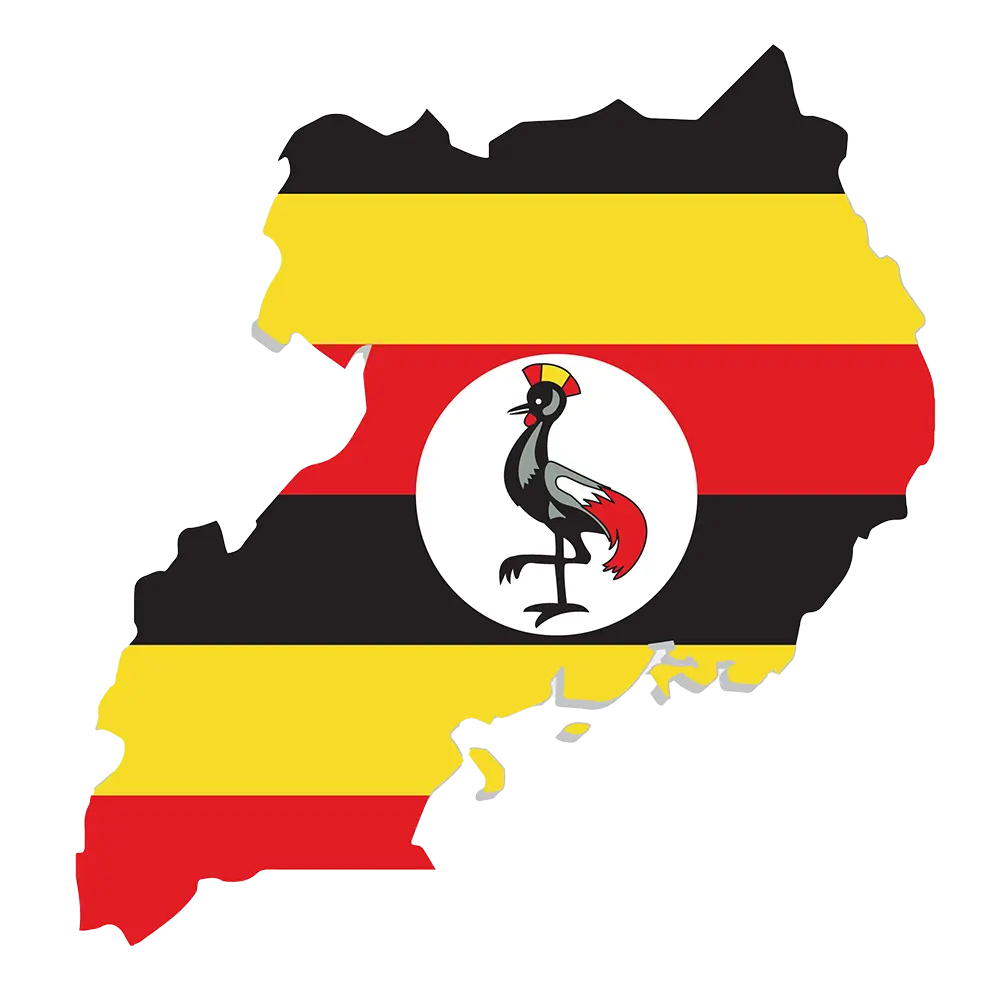How innovation labs
transform the justice sector
Innovation labs have existed for some time now in different sectors such as financial services, health and education. Given that more than two-thirds of the world’s population fails to find any resolution for their problems, it’s obvious that justice systems and the services they provide are simply not meeting the needs of people.
It is time to reimagine solutions and adopt innovative design methods in the justice sector. We at HiiL believe that innovation labs can help in designing justice services that have the potential to resolve pressing justice problems of people.
The justice innovation labs are data-informed and human-centred. The solution design process is led by local stakeholders who have a mandate to resolve the justice problems of people.










